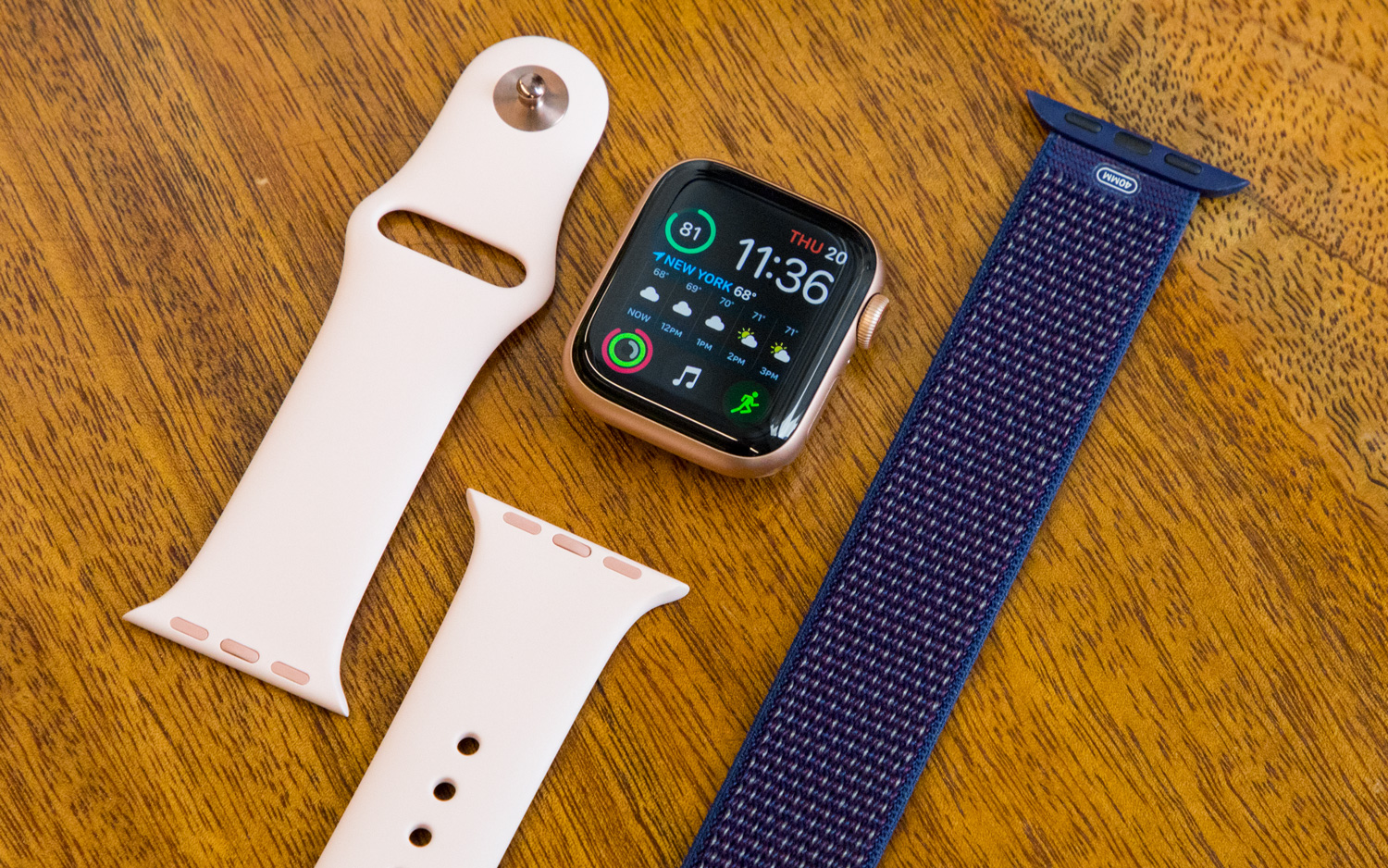New study reveals how filthy the average Apple Watch band is
A reminder of why you should clean your Apple Watch bands

Unsurprisingly for something that’s worn close to the skin for the majority of the day, Apple Watch and other smartwatch bands can get dirty. But a new study from Florida Atlantic University has revealed exactly how filthy they can get, and the results might turn your stomach.
Twenty wristband swabs were collected from office workers, firefighters, vets, and gym goers with a variety of different band materials. The study found that all but one of them had some kind of bacteria present.
Seventeen of the samples featured staphylococcus spp — the bacteria responsible for staph infections — though the researchers said that was “not unexpected.” Meanwhile, 12 showed the presence of E. coli, though the paper notes this was “associated with animal handling activity by a veterinarian” in a quarter of the cases.
Finally, the presence of pseudomonas aeruginosa was present in six. That’s a germ that can cause pneumonia and infections in the blood, according to the CDC.
“Wristbands associated with wrist devices, such as smartwatches and fitness trackers, are often worn during activities—while sweating, swimming, holding animal pets or even sleeping,” the paper explains. “However, they are often not sanitized regularly, and can thus be an important fomite for bacterial transmission and infection.”
Interestingly, the material that the wristband is made of seems to make a difference in how welcoming it is to bacteria — though with only 20 smartwatches in the study, it’s hard to draw too many firm conclusions.
“Viable bacteria varied widely between subjects and even wristbands made of the same materials,” the paper explains, but “the trend of bacteria load was cloth ≥ plastic ≥ rubber ≥ leather > metal.”
Get instant access to breaking news, the hottest reviews, great deals and helpful tips.
Some of this might be correlation, rather than causation. After all, metal and leather bands aren’t typically worn for exercise which perhaps makes it a less fair comparison.
Still, it’s clear that smartwatch wearers should take time to clean their bands — especially if they’re pet owners or gym goers. We’ve got advice on how to clean your Apple Watch band here, and the study also offers some guidance for worried consumers.
“Common household disinfectants, such as Lysol Disinfectant Spray, 70% Ethanol, and Heinz Apple Cider Vinegar all proved at least somewhat effective on all materials (rubber, plastic, cloth, and metal), although antibacterial efficacy was significantly increased at two minutes compared to thirty seconds,” the study concludes.
And, of course, it’s not just smartwatches. “Other potential forms of bacterial transmission and facilitation of infection, such as earbuds or cell phones, should be similarly studied,” the paper notes. But that’s a germaphobe’s nightmare for another day.
Freelance contributor Alan has been writing about tech for over a decade, covering phones, drones and everything in between. Previously Deputy Editor of tech site Alphr, his words are found all over the web and in the occasional magazine too. When not weighing up the pros and cons of the latest smartwatch, you'll probably find him tackling his ever-growing games backlog. He also handles all the Wordle coverage on Tom's Guide and has been playing the addictive NYT game for the last several years in an effort to keep his streak forever intact.
 Club Benefits
Club Benefits






